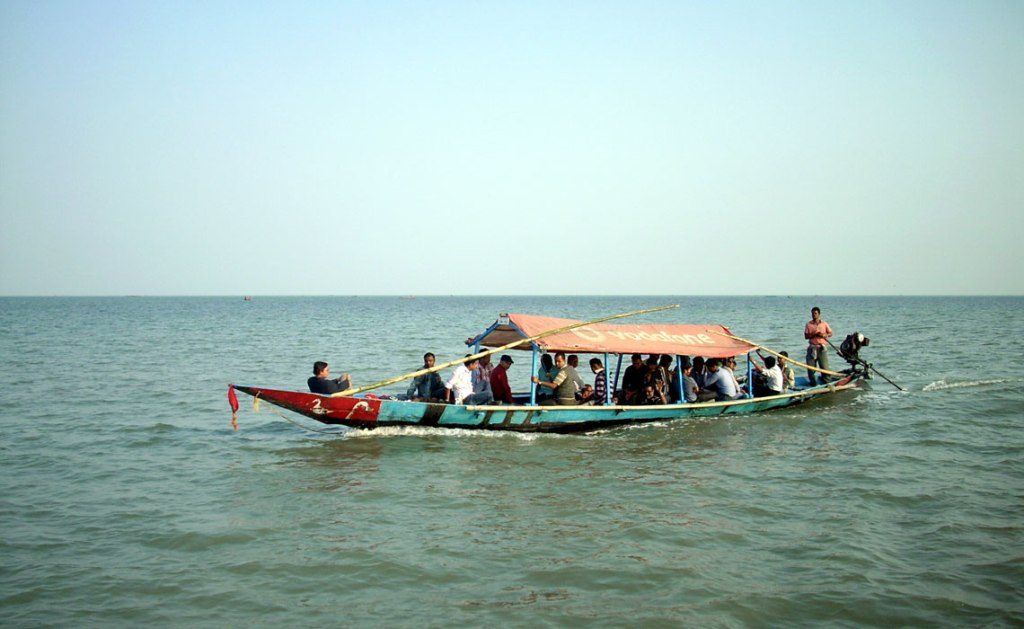The state consists of a number of natural marvels including the Chilka Lake, the world’s second-largest lagoon spread over 1,100 km across Puri, Khurda and Ganjam districts; the Gahirmatha Beach, world’s largest nesting site for Olive Ridley turtles; and the Simlipal Tiger Reserve in Mayurbhanj covering 845 sq km and is home to tigers, wild elephants and gaurs.
Bhubaneswar: Odisha, a state with exotic beaches, vibrant wildlife and a radiant heritage and history, is working towards building a robust tourism infrastructure with special focus on eco-tourism as it eyes 23 million domestic and foreign visitors by 2021, a senior official said. It is also hosting the World Cup in hockey this year in Bhubaneswar.
The state has shown growth of more than 8.5 per cent in terms of overall tourist footfalls in the last five years. In 2016-17 Odisha recorded over 13.1 million tourist arrivals against 12.1 million in 2015-16, while the number of foreign tourists visiting the state in 2016-17 clocked a 15.04 per cent hike as compared to the previous financial year.
“More than 22 per cent of Odisha’s population is tribals. So the state was considered to be one of the poorest and most backward in the country. But if you see the data of the last 18 years starting 2000, Odisha has made phenomenal progress in all sectors, including tourism,” Tourism Department secretary Vishal Kumar Dev said.
He said the state is looking to magnify the tourist inflow with the help of its new and dynamic tourism policy launched in 2016 and other necessary infrastructural developments.
“Odisha boasts of all the facets of tourist attraction starting from stunning natural resources and sprawling biodiversity to significant monuments and unique art and craft. We are especially focusing on aspects like eco-tourism and wellness tourism, so that more tourists can explore the unexplored parts of Odisha – apart from the most popular destinations like Puri and Konark,” the official said.
According to a Tourism Department report, under the scheme of capacity-building training programme under the Odisha State Youth Policy 2013, as many as 361 local youths in eco-tourism areas have been trained as “eco-guides” while 244 others have been trained as state level guides for escorting the tourists.
The state indeed consists of a number of natural marvels including the Chilka Lake, the world’s second-largest lagoon spread over 1,100 km across Puri, Khurda and Ganjam districts; the Gahirmatha Beach, world’s largest nesting site for Olive Ridley turtles that travel there all the way from South America; and the Simlipal Tiger Reserve in Mayurbhanj that covers 845 sq km and is home to tigers, wild elephants, gaurs, et al.
With a 480-km-long coastline, the state also showcases a number of pristine sea beaches, including Chandrabhaga beach, Ramchandi beach and the one-off Chandipur Beach in Odisha’s Baleswar district where the sea waves recede up to 5 km every day, allowing people to chase the waves through the vast stretch of barren land and sand dunes.
“The infrastructure of many of these places are still not developed enough to host large numbers of tourists. That seems to be the biggest challenge for us. We need more hotels and infrastructures to come up in these areas to accommodate the visitors,” Dev said.
According to Tourism Department officials, the state currently has more than 1,800 hotels with around 38,000 rooms and is planning to introduce an additional 5,000 rooms in the next three years.
“The state needs more hotels to accommodate tourists. Especially with major sporting events like the Hockey World Cup to take place this year, we need more star hotels and exclusive rooms as large contingents of supporters are expected to accompany the foreign teams. By 2021, the state aims to have 2,500 star-category hotel rooms and direct air connectivity with five international destinations,” a tourism official said.
IANS

